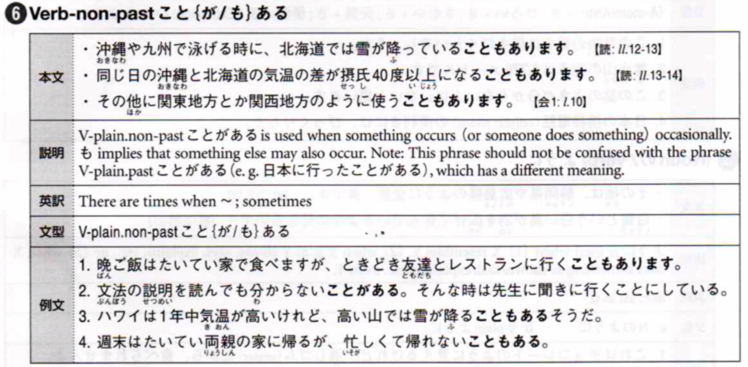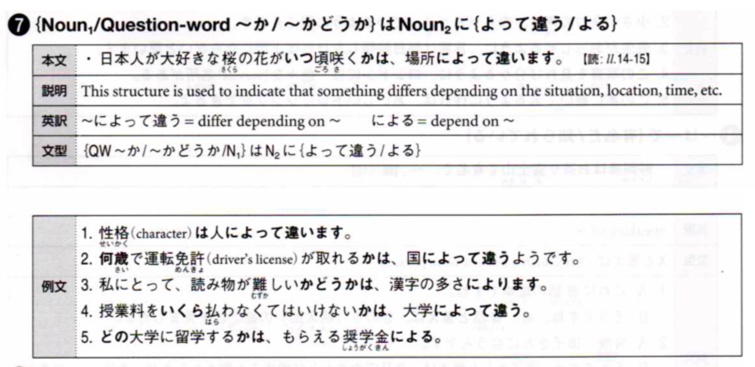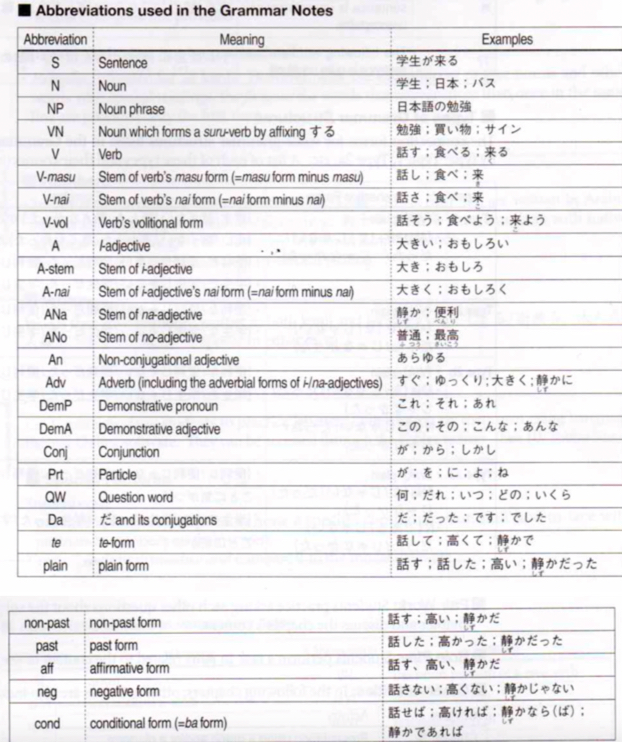Random Topic
“内田百間と鉄道旅行”
“Japan Trip with Hyakkan Uchida”
今日は、日本の作家の内田百間についてお話ししたいと思います。
Today, I would like to talk about a Japanese author Hyakkan Uchida.
彼は日本人みんなが知っている作家ではありません。
Not many Japanese people know of him.
内田百間は、1889年に岡山県で生まれ、1971年に亡くなりました。
Hyakkan was born in 1889 in Okayama prefecture and passed away in 1971.
黒澤明監督の映画、”まあだだよ”は、内田百間が主人公の話です。
Hyakken is the main subject of Akira Kurosawa’s film, “Madadayo” (まあだだよ)
彼は一言で言うと、元祖オタクです!
If I were to describe him in one word, he is an “original otaku.” (That was actually two words!)
彼は作り酒やの一人息子として生まれて、裕福で祖母に甘やかされて、頑固でわがままな性格でした。
He was born as only child to a family of sake brewers. His family was wealthy, and his grand mother spoiled him, so he was stubborn and selfish.
しかし、中学生の時に父親がなくなり、会社は潰れました。
However, his dad passed away when Hyakken was in middle school, and the family business went bankrupt.
大学ではドイツ文学を専攻し、先生になりました。
He majored in German literature in college and became a professor.
夏目漱石の”我輩は猫である”が大好きで、彼の弟子になります。
He loved I am a cat by Soseki Natsume and became his apprentice.
彼と同じ机を作ったり、彼の書いた絵や習字を家中に飾り、挙げ句の果てには、漱石の書いた原稿についていた彼の鼻毛をこっそり家に持って帰って保管しました。
He ordered a desk like Soseki’s desk, decorated it with Soseki’s drawing and calligraphy, and on top of all that, he found Soseki’s nose hair that was attached to his manuscript, and secretly kept it at home.
彼は鉄道マニアでも知られており、有名な作品には、阿房列車シリーズがあります。
He was also known as a railway enthusiast. His famous writing is Aho ressha.
「なんにも用事がないけれど、汽車に乗って〜へ行って来ようと思う。」と言う一文が有名です。
His famous phrase is, “I have no purpose, though, let’s go (somewhere) by train”.
日本中を電車に乗って目的のない旅をしながら書いたものです.
He wrote it while aimlessly traveling all over Japan by train.
時には旅と関係ない過去の話を書いたり、非現実的な話を書いたりした。
He sometimes wrote about things in the past not relating to the trip or something that did not sound too realistic.
彼の文章はユーモアさで人気です。
His writing is popular due to his sense of humor.
目的のない列車旅行が好きでしたが、お金はなくても借金をしてまで一級車に乗り、彼は二級列車に乗る人は、三級列車に乗る人より大嫌いだと言います。
He liked the train trip without any reason. He purchased a first class train ticket using money he borrowed and said he hated people who with a second class ticket more than people with a third class ticket.
彼のユーモアのある文章で書かれた”阿房列車シリーズ”を読みながら、高度経済成長をしている時代の日本を鉄道旅行した気分になるのも楽しいと思います。
I think it would be fun to read his humorous Aho Ressha series while imagining you are traveling all over Japan by train when the country was rapidly growing.
読み物 Part 3
それから、同じ日の沖縄と北海道の気温の差が摂氏40度以上になることもあります。
Furthermore, the gap in temperatures between Okinawa and Hokkaido on the same day may be greater than 40 degrees centigrade.

Verb present tense + ことが(も)ある There are times when~ / There are cases that
“Verb non-past+ことがある” is different from “Verb-pastことがある” which express “experience”.
Ex.)
日本料理を食べることもある - There are times when I eat Japanese cuisine”.
日本料理を食べたことがある – I have had Japanese cuisine before.
The difference between が and も
Ex).
がんばっても、成功しないことがある。There are cases when you would not be successful.
がんばっても、成功しないこともある。There are also cases when you would not be successful.
1. 晩ご飯はたいてい家で食べますが、時々友達とレストランに行くこともあります。
I usually eat dinner at home, however, there are times when I go to a restaurant with my friend.
2. 文法の説明を読んでもわからないことがある。そんな時は、先生に聞きに行くことにしている。
There are times when I don’t understand grammar explanations. When that happens, I go to teacher to ask.
3. ハワイは一年中気温が高いけれど、高い山では雪が降ることもあるそうだ。
Even though Hawaii has high temperatures throughout the year, there are times when it’s snowing at the high mountain.
4. 週末はたいてい両親の家に帰るが、忙しくて帰れないこともある。
I usually visit my parents’ house, however, there are times when I can’t visit there.
When the activity was routine work, you don’t use ことが(も)ある。
Ex.)
毎週日曜日にテニスをしますー X 時々テニスをすることがあります。
毎年夏休みに、祖母が住んでいる日本に行きます。ーX 時々夏休みに日本に行くことがあります。
Practice)
私は週末には、(たいてい・よく)___が、ときどき___こともあります。
私は週末にはたいてい家にいますが、ときどき出かけることもあります。
Other example?
宿題1)気候の違いを使って、あなたの国の気候について具体的な例を挙げて説明しましょう。(〜によって違う、〜ように、などを使う)
Ex)
ロスアンゼルスでは、バレーエリアに住んでいるか、海に近いか、によって、温度が10度違うことがあります。
In Los Angeles, the temperature differs by about 10 Celsius depending on whether you live in the valley or the beach.
だから、日本人が大好きな桜の花がいつ頃咲くかは、場所によって違います。
Because of this, the time when Japan’s beloved cherry blossoms bloom varies depending on the location.

(1) Please note Question Word (QW) “かどうか” could be used only if it is “Yes, No” question as we learned in Genki 2.
QW か is used for “Not Yes/No” question.
Ex.)
好きな食べ物は、人によって違います。Favorite foods depends on each person.
どんな食べ物が好きかは、人によって違います。It depends on each people what kind of food they like. (Not “Yes/ NO” question)
ハンバーガーが好きかどうかは、人によって違います。It depends on each person if they like hamburgers or not. (“Yes/No” question)
いつ頃咲くか? Not Yes/No question. “When” question.
読み物が難しいかどうか? Yes/ No question. “Is it difficult for me or not?”
いくら払わなくてはいけないか? Not Yes/No question. “How much” question.
どの大学に留学するか? Not Yes/No question. “Which University” question.
(2) Noun (or QW) + によってちがう (differentiation depending on~) / Noun (or QW) + による (depend on~),
1. 性格は人によって違います。
Personalities are different depending on the person.
2. 何歳で運転免許が取れるかは、国によってちがうようです。
It seems that the age to get a driver license or not depends on each country.
3. 私にとって、読み物が難しいかどうかは、。漢字の多さによります。
Whether the reading is difficult or not depends on the amount of kanji for me.
4. 授業料をいくら払わなくてはいけないかは、大学によってちがう。
How much tuition you pay depends on the university.
5. どの大学に留学するかは、もらえる奨学金による。
Which university I choose to study abroad depends on the amount of scholarship I receive.
FYI, these are abbreviations used in the grammar notes.

The homework is,